The Moral Instruction of Children
The Moral Instruction of Children
Moral education is everywhere acknowledged to be the most important part of all education; but there has not been the same agreement in regard to the best means of securing it in the school. This has been due in part to a want of insight into the twofold nature of this sort of education; for instruction in morals includes two things: the formation of right ideas and the formation of right habits. Right ideas are necessary to guide the will, but right habits are the product of the will itself.
Book Excerpt
cording to which this kind of instruction should be imparted. At the outset, however, we are confronted by what certainly is a grave difficulty, and to many may appear an insuperable one. The opinion is widely held that morality depends on religious sanctions, and that right conduct can not be taught--especially not to children--except it be under the authority of some sort of religious belief. To those who think in this way the very phrase, unsectarian moral teaching, is suspicious, as savoring of infidelity. And the attempt to mark off a neutral moral zone, outside the domains of the churches, is apt to be regarded as masking a covert design on religion itself.
The principle of unsectarian moral instruction, however, is neither irreligious nor anti-religious. In fact--as will appear later on--it rests on purely educational grounds, with which the religious bias of the educator has nothing whatever to do. But there are also grounds of expediency which, at least in the United States, compel us, whether
Editor's choice
(view all)Popular books in Philosophy, Non-fiction
Readers reviews
0.0
LoginSign up
Be the first to review this book
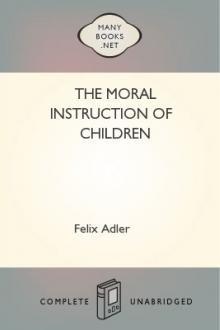
 Free Download
Free Download















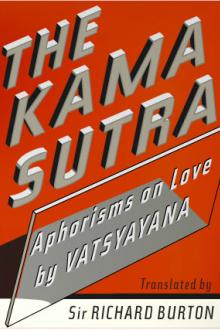


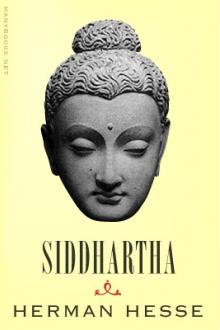
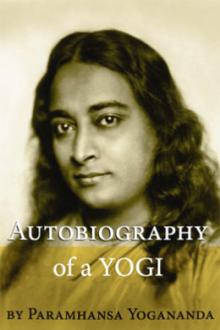
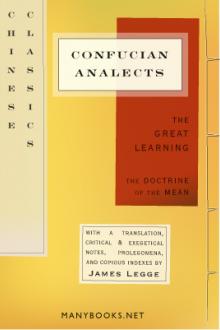
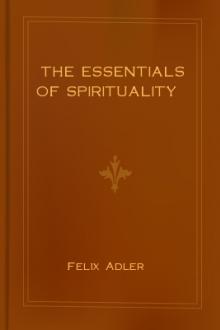

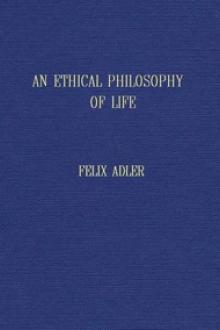
-itok=vcKIB5v1.jpg)